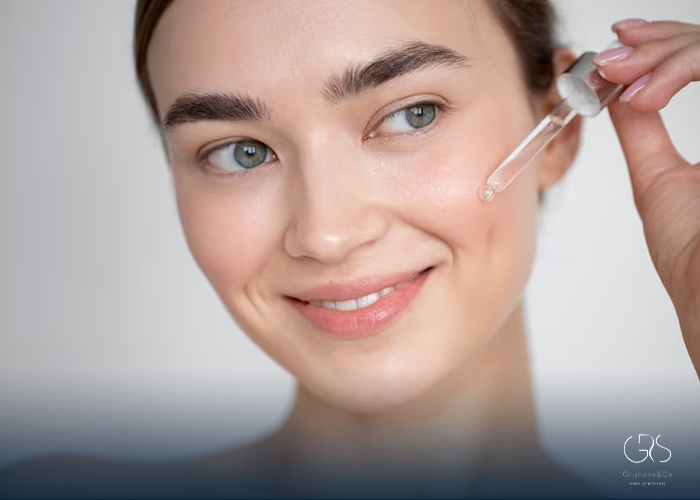Dry skin is a common dermatological issue that affects millions of people worldwide. It can be uncomfortable, itchy, and even painful. While there are various remedies and products available to combat dry skin, one question that often arises is whether drinking more water can help alleviate this issue. To gain a clearer understanding of this topic, let’s explore what dermatologists have to say.
The Importance of Hydration
Before we delve into the relationship between water intake and dry skin, it’s essential to discuss the importance of hydration for overall skin health. Our skin, which is the largest organ in our body, requires sufficient hydration to function optimally. Adequate water intake helps maintain the skin’s moisture barrier, which acts as a protective shield against external irritants and helps to retain moisture within the skin cells.
(To learn more about Dry skin routine please refer to this article)

Expert Opinions
According to dermatologists, drinking water alone is not a direct solution for treating dry skin. Dr. Debra Jaliman, a board-certified dermatologist in New York, explains that while staying hydrated is crucial for overall health, dry skin can have various underlying causes such as genetics, environmental factors, and skincare routines. Therefore, drinking more water may not necessarily be a cure-all for dry skin issues.
Dr. Gary Goldenberg, an assistant clinical professor of dermatology at Mount Sinai Hospital in New York City, echoes this sentiment. He states that drinking water will not hydrate the skin directly, as it is absorbed by the body and distributed to various organs.
Maintaining Skin Hydration
While drinking more water may not directly address dry skin, it can indirectly contribute to skin hydration. When the body is properly hydrated, it helps maintain overall body fluid balance, which can have a positive impact on the skin. A study published in the Clinical, Cosmetic, and Investigational Dermatology Journal found a significant link between skin hydration and water intake, suggesting that proper hydration plays a role in maintaining the skin’s natural moisture.
Dermatologists advocate a comprehensive approach to managing dry skin, which includes incorporating hydration into skincare routines. Dr. Joshua Zeichner, a board-certified dermatologist in New York City, advises using moisturizers and barrier creams that help to lock in moisture and prevent water loss from the skin.

Conclusion
While drinking more water is essential for overall health and hydration, it is not a standalone remedy for treating dry skin. Dry skin is a complex issue influenced by a variety of factors, and simply increasing water intake may not provide the desired results.
To effectively combat dry skin, it’s crucial to adopt a multifaceted approach that includes maintaining a balanced skincare routine, using appropriate moisturizers, avoiding excessive hot showers, and addressing underlying causes with guidance from a dermatologist.
Sources
- National Library of Medicine, Dietary water affects human skin hydration and biomechanics
- American Academy of Dermatology Association, DRY SKIN: DIAGNOSIS AND TREATMENT





